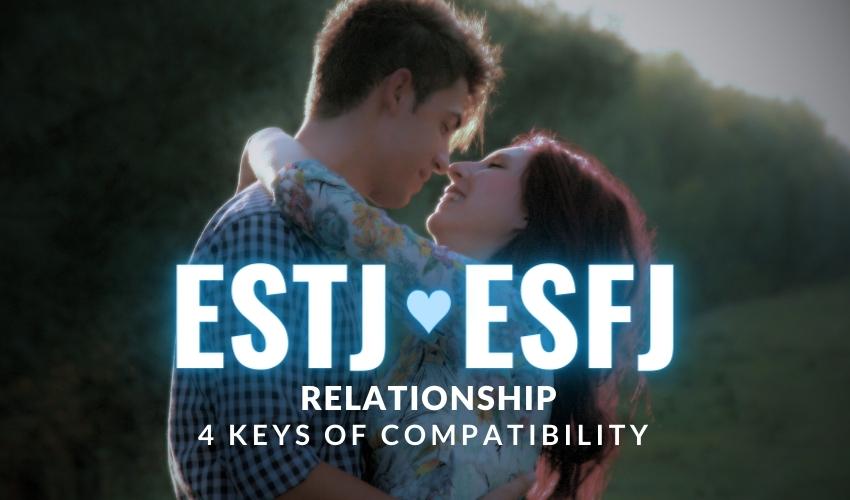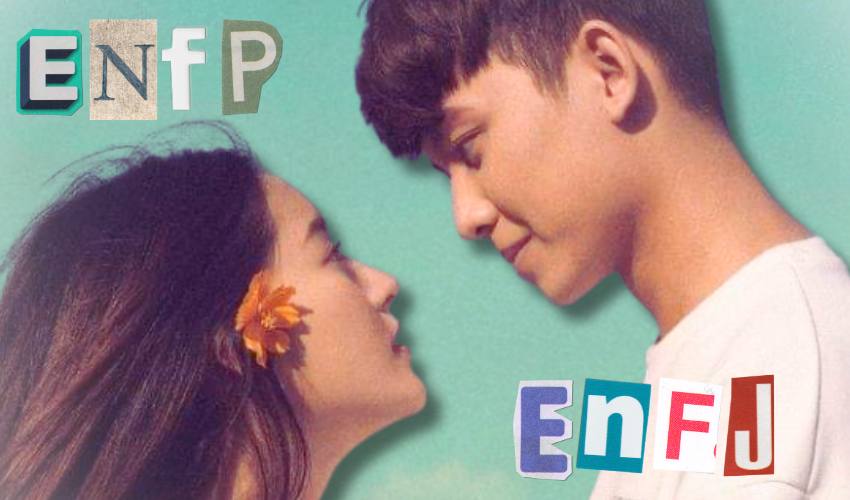The shadow type of ENTP is INTJ. According to Carl Jung, the shadow represents the unconscious mind and the darker aspects of personality such as our insecurities, anger and neuroses. In Jung’s theory, the inferior function (the weakest and least developed cognitive function) serves as the gateway to the shadow. A lot of what we struggle with and tend to repress and reject in ourselves can be explained by the inferior function.
ENTP Cognitive Functions
| Ne | Ti | Fe | Si | Ni | Te | Fi | Se |
Although each MBTI personality type consists of only 4 cognitive functions, every person has access to all 8. In truth, everyone engages with each of the 8 cognitive functions, it’s just that the dominant and auxiliary functions of your type are the ones you care most about and these constitute the basis of your ego identity. The tertiary and inferior functions provide a necessary yin/yang balance as well as a sense of “wholeness”when effectively developed and incorporated.
MBTI theorists attribute the shadow to being the remaining 4 functions not included in each MBTI type. These functions are largely ignored but when they are utilized, it is likely under contentious and obligatory circumstances. With regard to ENTP, these functions constitute the INTJ personality type. Jungian analyst John Beebe, described the shadow in terms of archetypal roles he associated with each function. Here is a breakdown of the ENTP shadow functions.
ENTP 5th Function: Ni Opposing
ENTPs lead with their extraverted intuition and they are normally very good at being creative, adaptable and spontaneous. They are inclined to be mentally flexible and willing to entertain multiple possibilities. However, the opposing Ni of ENTP’s 5th function can make ENTP lock into a more rigid and single minded perspective. When ENTP’s feel their ability to exercise their creativity and novelty is being obstructed by someone or something, they may turn their intuition inwards and lose sight of other perspectives besides their own. Their use of Ni is inclined to manifest as a narrow and delusional expectation of how events will unfold despite all signs to the contrary.
ENTP 6th Function: Te Critical Parent
ENTPs normally rely on their introverted thinking to help refine and develop their ideas. They also use their Ti to help and support others. The shadow Te of ENTP’s 6th function, is by contrast, far more critical and judgemental. ENTP’s shadow Te can emerge in response to heightened sensitivity to criticism or ridicule from others, ENTPs may become more intolerant of inefficiency, disorder and illogical nonsense. Moreover, they may resort to bossy and demanding behavior, blaming and insulting others for not meeting standards, and trampling on their feelings, often without realizing it. ENTP displays a ruthless desire for efficiency and lashes out at anyone criticizing their methods and ideas.
ENTP 7th Function: Fi Trickster
ENTP’s extraverted feeling is their secondary extraverted function and something they can turn to as a source of relief when their dominant Ne needs a break. ENTPs enjoy most forms of collaboration and appreciate being part of a group that appreciates them. Their shadow Fi however, operates in a more divisive and selfish way and may manifest as a rather shallow form of individualism and personal values. They try to label others as fake and superficial and turn their nose up at popular fads they regard as meaningless. ENTP may see someone who is passionate and try to out-passion them disingenuously. Furthermore, their sense of morals may appear childish and as more of an affectation and a ploy they use to assert moral superiority when it’s convenient.
ENTP 8th Function: Se Demon
Lastly, we have ENTP’s 8th function, extraverted sensing. This shadow function is also known as the Demon or Devilish role and manifests in both self destructive transformative ways. It is also referred to as an “internal saboteur” and emerges when the integrity structure of the ego is dissolved. It carries emotions related to evil and fear. Se Demon encompasses excessive consumption of sensory pleasures and physical stimulation in general. ENTP’s Se Demon can emerge as rash and impulsive reactions to perceived threats against them. ENTP betrays or abandons their dominant Ne while trying to overcompensate their Se in response to a perceived threat or feelings of inadequacy.
related posts:
- ENTP Strengths; 7 Advantages of Being ENTP
- The Dark Side of the INFJ Personality
- INTP Shadow
- 7 Struggles of Being an ENTP
- INTJ and ENTP Relationship Compatibility
- 6 Reasons Why INFJ and ENTP Belong Together
- 12 Shades of ENTP: MBTI & the Zodiac
- ENTP vs. INTP: How To Tell Them Apart | High on MBTI
- ENTP Personality Type
- The Shadow Ego of Each Myers Briggs Type
- The Opposing Role of Each Myers Briggs Type
- The Trickster Role Of Each Myers Briggs Type
- The Devilish Role of Each Myers Briggs Type
- The Critical Parent Role of Each Myers Briggs Type
- ISFJ and ISTJ in love: 5 Essential Dynamics of their Relationship - February 24, 2024
- ENTP and ENTJ in love: 6 Critical Dynamics of Their Relationship. - February 18, 2024
- ESTJ and ESFJ in love: 4 Key Aspects of their Relationship. - February 12, 2024





